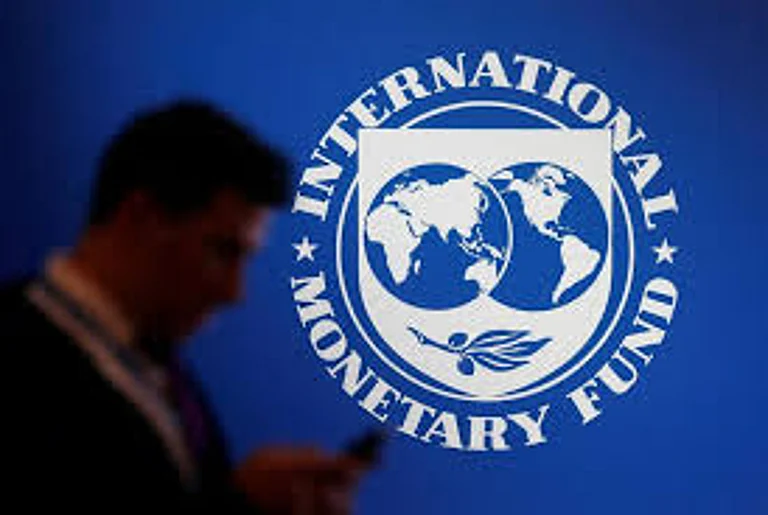Lok Sabha elections 2024 were historic in many ways. Narendra Modi became the only prime minister after Jawaharlal Nehru to grab a third consecutive term, but it does not end with this. Like 1977 and 2004, the mandate of 2024 has changed India’s destiny. It will be remembered for the shocker-results where the people of India silently showed that they were the real decision-makers. The aam aadmi spoke truth to power when the influential failed.
The world’s biggest electorate showed they cared more about unemployment and inflation than temples and minority-bashing, while limiting concentration of power in the hands of out-of-touch incumbents.
His baiters blame him for irrevocably polarising India’s politics, his supporters hail him for his economic and diplomatic achievements. But history will remember Modi’s past decade in power as more of a mixed bag. Good for pressing the pedal on economic growth, increasing India’s global clout with several clear geopolitical wins, cleaning up the banking system from the non-performing asset muck that was threatening to contaminate its core and all these with a firm focus on fiscal consolidation, which meant reducing subsidies that weighed heavily on the exchequer.
This good came with an authoritarian style of administration where several legislations were rammed through with brute force of parliamentary majority. And the chosen agenda for prosperity was on the platform of uniformity and not diversity and federalism.
Result 2024 is a mandate against centralisation, at least for the time being, as the way to rule India. This could be the beginning of yet another era of coalition politics. And at the heart of it lies the dharma of decentralisation, in stark contrast to Modi’s political ideals. Many fear this will derail Modi’s agenda to make India great as economic reforms will be difficult amid coalition chaos. But they would do well to remember that the biggest reforms in India were rolled out by coalition governments.
In the current Parliament-composition of allies and opposition, Modi does find himself in unfamiliar terrain. His political ambitions and economic roadmap for India will come under scrutiny, where unsavoury good economics might have to be sacrificed at the altar of bad politics of his allies. But therein lies the hope of the rise of Modi 3.0, a man with established organisational skills, an excellent orator and a respected leader. Can he use these skills to emerge as a unifying consensus-builder to ensure bitter pills of reforms are sweetened with good politics? That would be a win-win for a new India.











 Just one email a week
Just one email a week